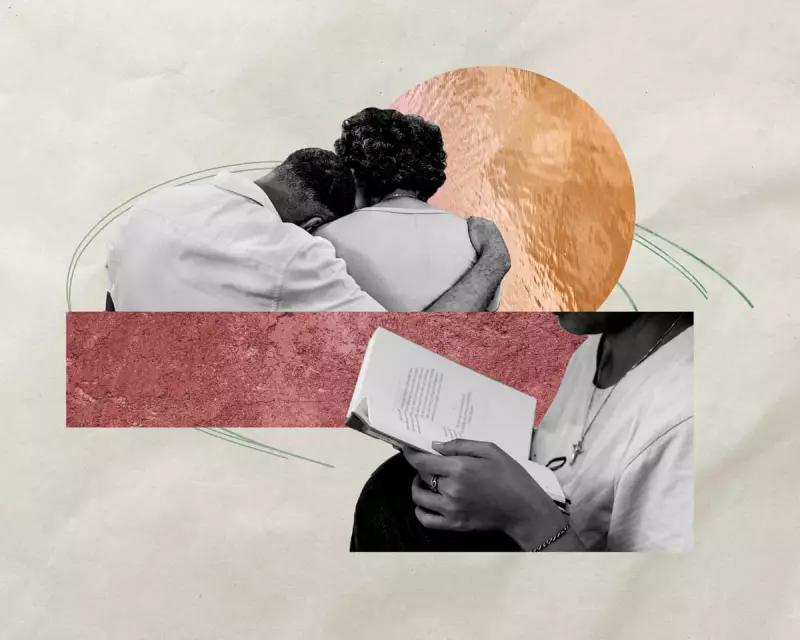
Grief has been a constant companion throughout my life, an uninvited guest that lingers in the shadows. Yet, it was poetry that taught me how to coexist with it—how to transform sorrow into something bearable, even beautiful.
The Weight of Loss
From an early age, I understood loss. It wasn’t just the absence of loved ones but the quiet erosion of certainty, the way life could unravel without warning. Grief became a familiar presence, one I carried like an old, heavy coat.
Finding Light in Words
Poetry offered me a language for the unspeakable. Lines from Auden, Plath, and Donne echoed my own turmoil, giving shape to emotions too vast to contain. Their words didn’t erase the pain, but they made it comprehensible—something I could hold, examine, and eventually release.
The Power of Metaphor
Metaphor became my refuge. Comparing grief to the sea, to seasons, to broken glass—it allowed me to step outside myself, to see my suffering as part of a larger human experience. Poetry didn’t promise answers, but it offered companionship.
A Lifelong Dialogue
Over time, I began writing my own poems. They were clumsy at first, raw and unpolished, but they were mine. Each stanza was a conversation with grief, a way to say: I see you. I’m still here.
Today, I no longer fight grief. I walk beside it, sometimes even hand in hand. Poetry taught me that healing isn’t about forgetting—it’s about learning to carry the weight with grace.





